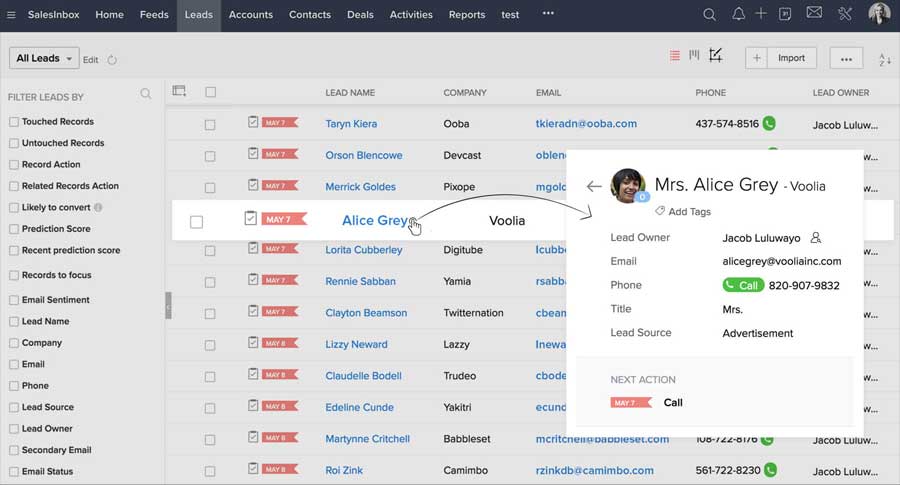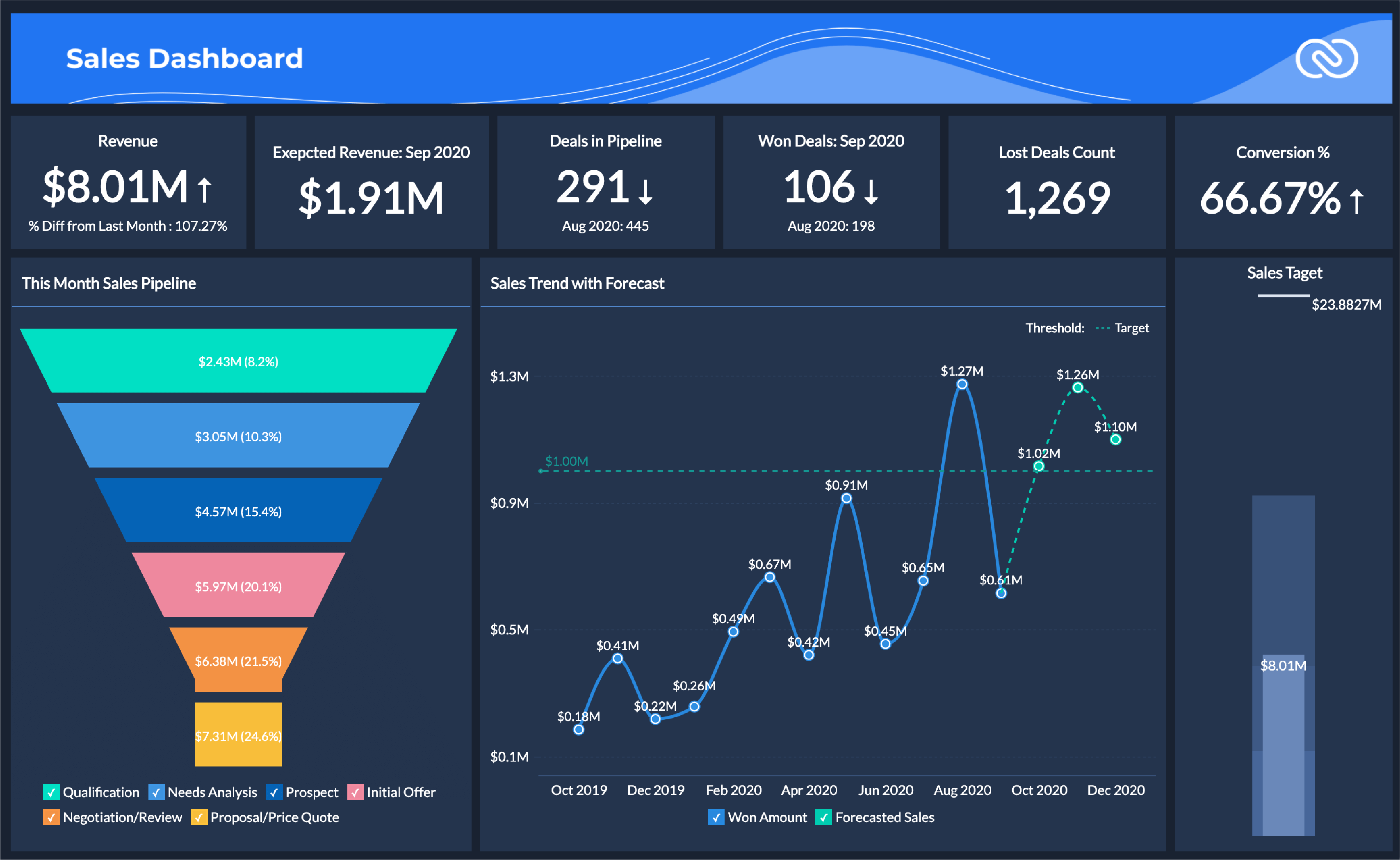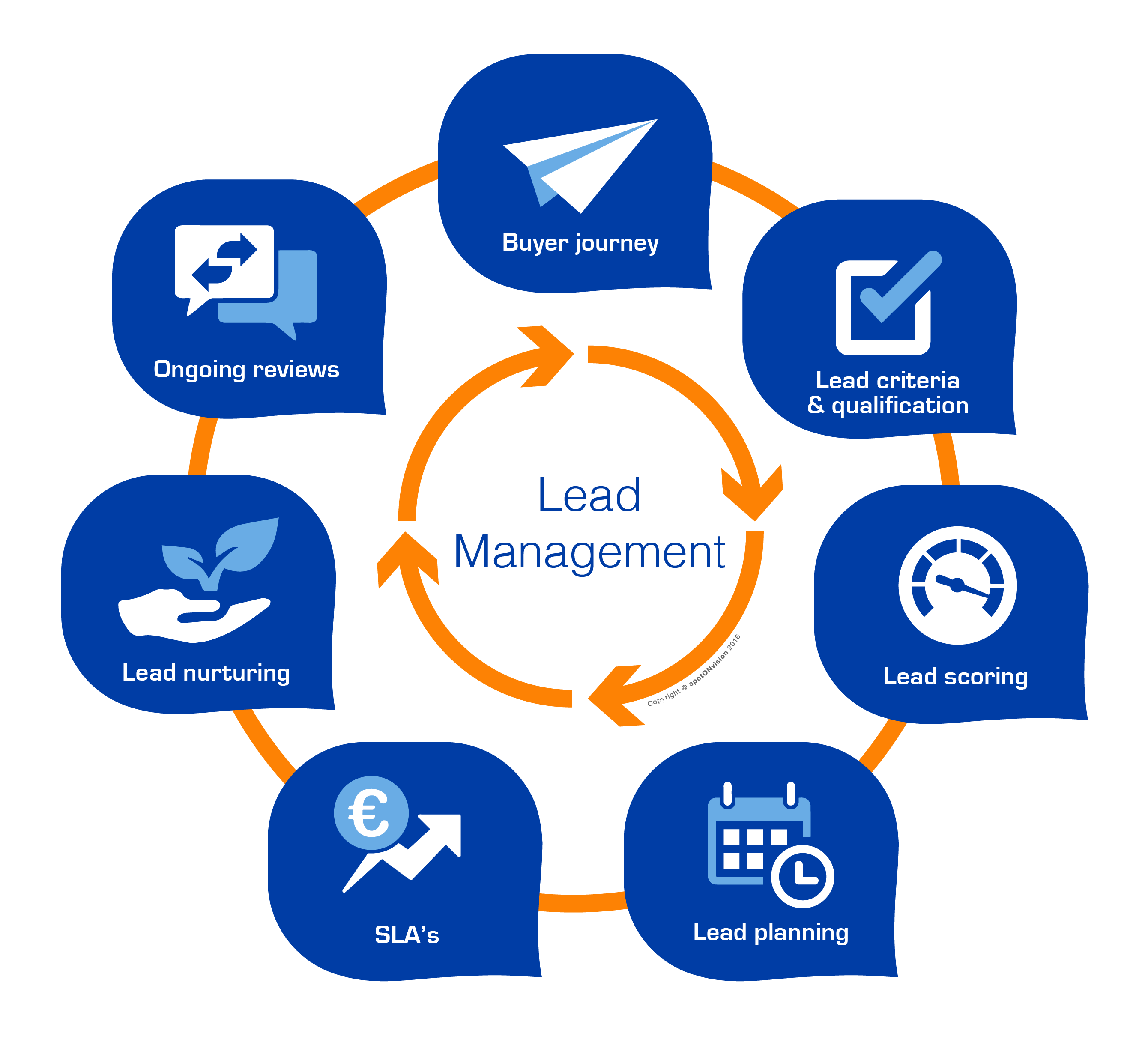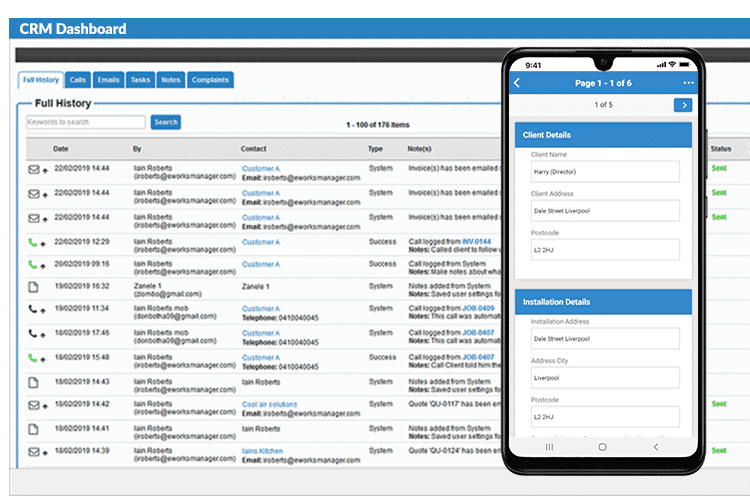Harnessing the power of CRM software for lead management is a game-changer for businesses seeking to streamline their lead generation and nurturing processes. In this comprehensive guide, we delve into the world of CRM software, exploring its benefits, essential features, best practices, and more.
Join us as we unlock the secrets to effective lead management and elevate your business’s growth trajectory.
CRM software serves as a central hub for managing customer relationships, empowering businesses to track, nurture, and convert leads into loyal customers. By providing a holistic view of customer interactions, CRM software empowers sales and marketing teams to make informed decisions, build stronger relationships, and drive business success.
Overview of CRM Software for Lead Management

Customer Relationship Management (CRM) software plays a pivotal role in managing and nurturing leads effectively. It centralizes lead data, streamlines communication, and automates tasks, enabling businesses to optimize their lead management processes.
Benefits of CRM Software for Lead Management
The benefits of using CRM software for lead management include:
- Improved Lead Organization:CRM software provides a centralized platform to store and manage lead information, making it easily accessible and searchable.
- Enhanced Lead Qualification:CRM software allows businesses to define lead qualification criteria and score leads based on their engagement and fit with the company’s offerings.
- Automated Lead Nurturing:CRM software can automate lead nurturing campaigns, sending personalized emails, setting up reminders, and tracking lead engagement.
li> Increased Sales Productivity:By streamlining lead management processes, CRM software frees up sales teams to focus on high-value activities, such as building relationships and closing deals.
Examples of CRM Software for Lead Management
Some examples of CRM software commonly used for lead management include:
- Salesforce
- HubSpot
- Zoho CRM
- Pipedrive
- Freshsales
Key Features of CRM Software for Lead Management
Effective lead management is crucial for businesses looking to nurture and convert potential customers into loyal patrons. CRM (Customer Relationship Management) software plays a pivotal role in this process by providing a comprehensive suite of features that streamline lead tracking, qualification, and nurturing.
The key features of CRM software for lead management include:
Lead Capture and Management
- Lead capture forms: Easily collect lead information through customizable forms embedded on websites or landing pages.
- Lead routing: Automatically distribute leads to the appropriate sales team based on predefined criteria.
- Lead scoring: Assign points to leads based on their engagement, demographics, and behavior to prioritize high-potential prospects.
Lead Nurturing and Qualification, Crm software for lead management
- Automated email campaigns: Create personalized email sequences to nurture leads and move them through the sales funnel.
- Lead segmentation: Divide leads into targeted groups based on their interests, industry, or other criteria for tailored messaging.
- Lead qualification: Identify and qualify leads who are most likely to convert into customers based on predefined criteria.
Sales Forecasting and Analytics
- Sales forecasting: Predict future sales based on historical data and lead activity.
- Performance tracking: Monitor the performance of sales teams and individual sales representatives.
- Reporting and analytics: Generate customizable reports and dashboards to track key metrics and identify areas for improvement.
Integration with Other Systems
- Email marketing integration: Connect with email marketing platforms to automate lead nurturing campaigns.
- Marketing automation integration: Integrate with marketing automation tools to streamline lead generation and nurturing processes.
- Website analytics integration: Track website visitor behavior and identify potential leads.
Examples of CRM Software with Lead Management Features
- Salesforce
- HubSpot
- Zoho CRM
- Pipedrive
- Microsoft Dynamics 365
Benefits of Using CRM Software for Lead Management

CRM software offers a range of advantages for businesses seeking to enhance their lead management processes. By leveraging these tools, organizations can optimize their lead generation and conversion strategies, leading to improved sales performance and increased revenue.
Numerous businesses have experienced significant improvements in their lead management after implementing CRM software. For instance, a technology company reported a 40% increase in qualified leads and a 25% boost in sales conversion rates. Another company in the healthcare industry witnessed a 30% reduction in lead response time, resulting in faster and more efficient follow-ups with potential customers.
Return on Investment (ROI)
Investing in CRM software for lead management can yield substantial returns on investment (ROI). Studies have shown that businesses can expect an average ROI of $5.60 for every $1 invested. This ROI is driven by increased sales, improved lead conversion rates, and reduced operational costs.
Best Practices for Implementing CRM Software for Lead Management
Implementing CRM software for lead management can be a complex process, but it is essential for businesses that want to improve their sales performance. By following these best practices, you can ensure that your CRM implementation is successful.
Here is a step-by-step guide to implementing CRM software for lead management:
- Define your goals and objectives.What do you want to achieve with your CRM software? Do you want to increase sales, improve customer service, or both? Once you know your goals, you can start to choose the right CRM software and develop a plan for implementation.
- Choose the right CRM software.There are many different CRM software solutions on the market, so it is important to choose one that is right for your business. Consider your budget, your business size, and your specific needs. Also, make sure to get feedback from your sales team about their needs.
- Implement the CRM software.Once you have chosen a CRM software, you need to implement it. This process can be complex, so it is important to have a plan in place. You should also get help from your CRM software vendor if needed.
- Train your team.Once the CRM software is implemented, you need to train your team on how to use it. This training should cover all aspects of the CRM software, from lead management to customer service.
- Monitor and evaluate your results.Once your team is using the CRM software, you need to monitor and evaluate your results. This will help you ensure that the CRM software is meeting your goals and objectives.
Here are some additional tips and best practices for getting the most out of CRM software:
- Use the CRM software to its full potential.Don’t just use the CRM software to manage your leads. Use it to track your sales pipeline, manage your customer relationships, and generate reports.
- Keep your data clean.The data in your CRM software is only as good as the data you put in. Make sure to keep your data clean and up-to-date.
- Get buy-in from your team.The CRM software will only be successful if your team is on board. Get buy-in from your team by involving them in the implementation process and by showing them how the CRM software can help them be more successful.
Here are some common challenges and pitfalls to avoid when implementing CRM software:
- Not defining your goals and objectives.If you don’t know what you want to achieve with your CRM software, you won’t be able to choose the right software or implement it successfully.
- Choosing the wrong CRM software.There are many different CRM software solutions on the market, so it is important to choose one that is right for your business. Consider your budget, your business size, and your specific needs.
- Not implementing the CRM software properly.The CRM software implementation process can be complex, so it is important to have a plan in place. You should also get help from your CRM software vendor if needed.
- Not training your team.Once the CRM software is implemented, you need to train your team on how to use it. This training should cover all aspects of the CRM software, from lead management to customer service.
- Not monitoring and evaluating your results.Once your team is using the CRM software, you need to monitor and evaluate your results. This will help you ensure that the CRM software is meeting your goals and objectives.
Comparison of CRM Software for Lead Management

Choosing the right CRM software for lead management is crucial for businesses looking to streamline their sales processes and improve customer relationships. Various CRM software options are available, each with its own unique features, pricing, and strengths and weaknesses. To help you make an informed decision, here’s a comprehensive comparison table:
The following table compares key CRM software options based on their features, pricing, and user reviews:
| CRM Software | Key Features | Pricing | User Reviews |
|---|---|---|---|
| Salesforce |
|
Starts at $25/user/month | Positive reviews for its powerful features and scalability |
| HubSpot CRM |
|
Free plan; paid plans start at $45/month | Positive reviews for its ease of use and affordability |
| Zoho CRM |
|
Starts at $14/user/month | Positive reviews for its flexibility and value for money |
| Microsoft Dynamics 365 Sales |
|
Starts at $65/user/month | Mixed reviews due to its complexity and high cost |
| Pipedrive |
|
Starts at $12.50/user/month | Positive reviews for its ease of use and affordability |
Ultimately, the best CRM software for lead management depends on your specific business needs and budget. Consider factors such as the number of leads you manage, the level of automation you require, and the level of customer support you need.
Last Point

In conclusion, CRM software for lead management is an indispensable tool for businesses seeking to optimize their lead generation and nurturing strategies. By leveraging its powerful features, businesses can gain a competitive edge, increase conversion rates, and foster lasting customer relationships.
Embrace the transformative power of CRM software and witness your business soar to new heights.